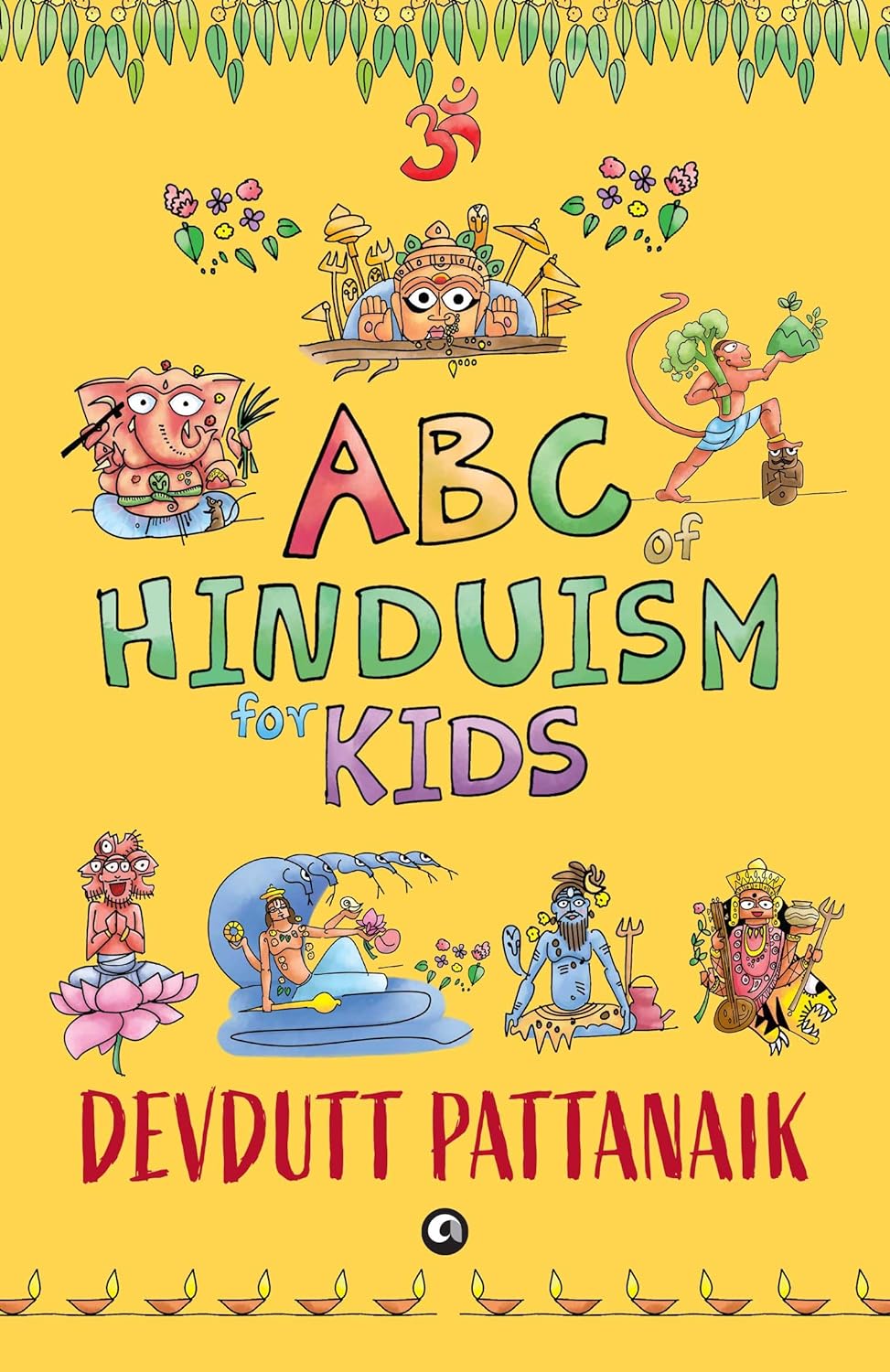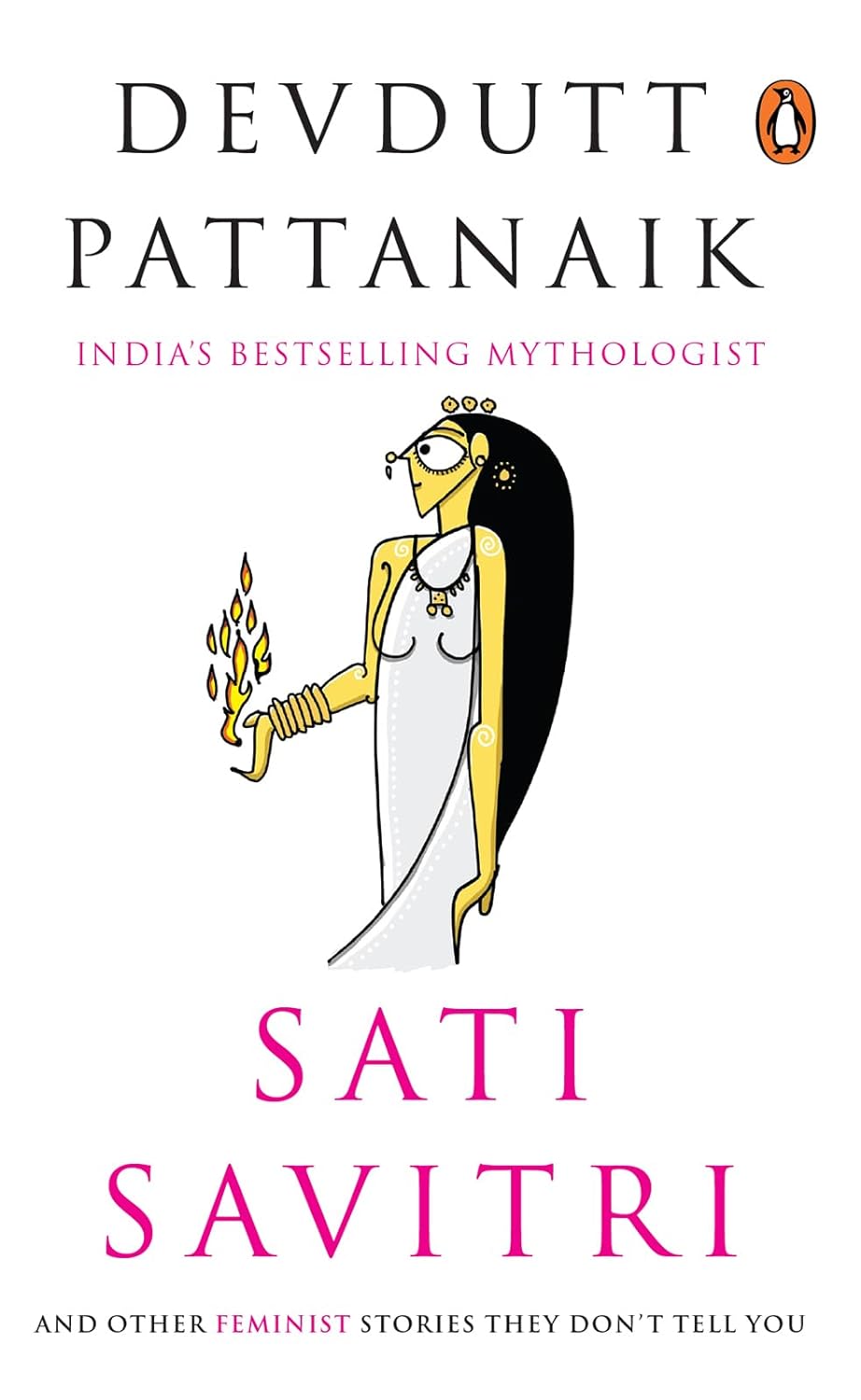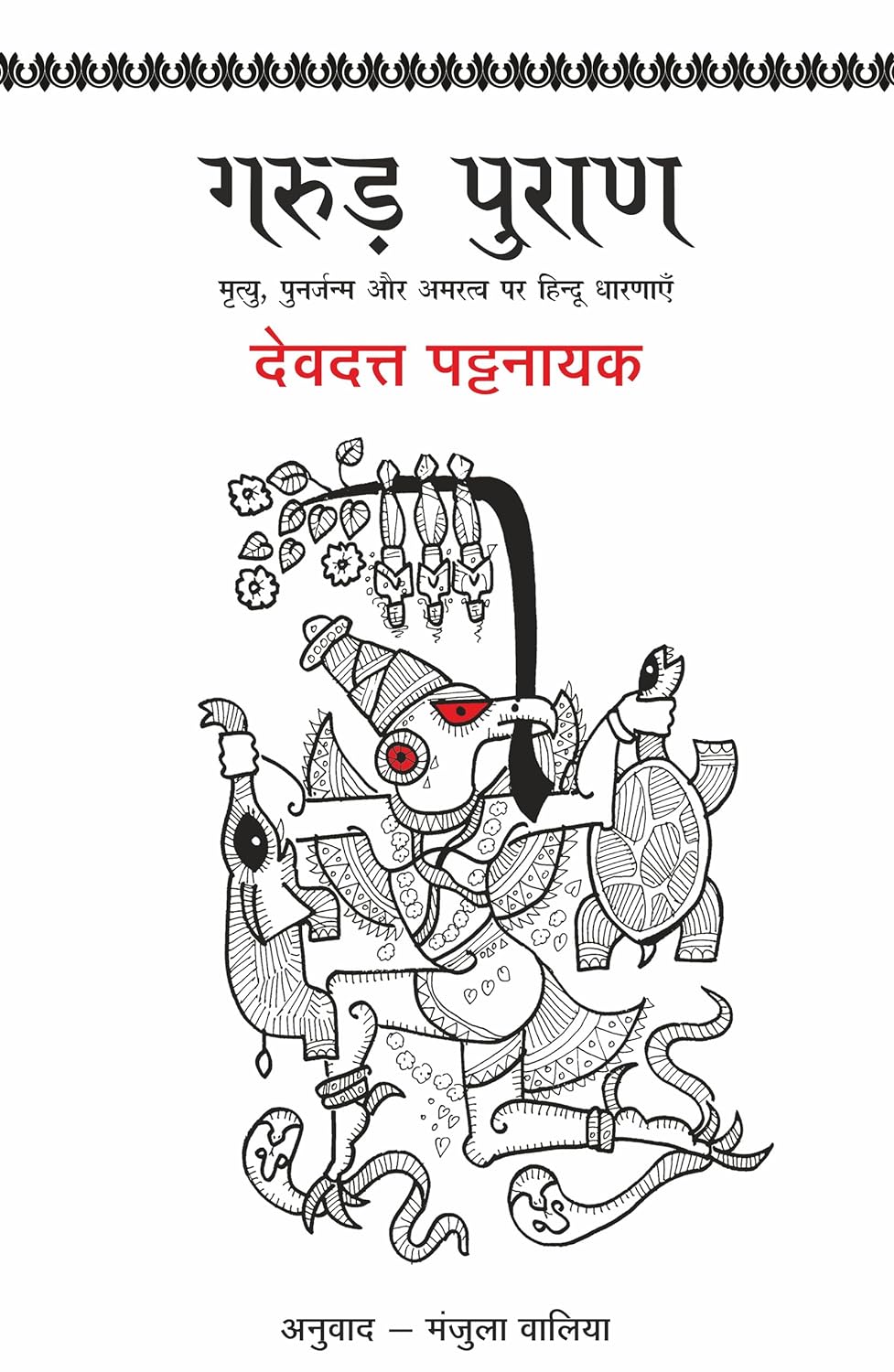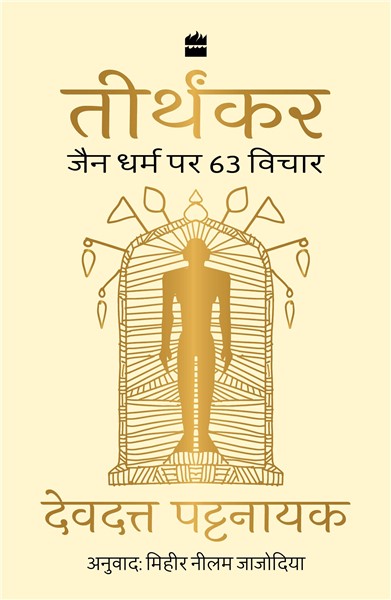Published in First City, August 2010.
We know Surpanakha’s story from the Sanskrit epic, Ramayana. She was the sister of Ravana, king of Lanka, lord of the Rakshasas. She lived in the forest, a free woman. One day, she chanced upon a young hermit called Ram. Smitten by his beauty, she asked him to be her lover. But he had a wife called Sita and so directed him to his younger brother, Laxman, who was all alone. Even Laxman spurned her advances because all he wanted was to serve his brother and his sister-in-law. Angry at being rejected by both men, Surpanakha attacked Ram’s young wife, but Laxman blocked her path and dragged her by the hair, and then to teach her a lesson she would never forget, pulled out his sword and cut her nose. Surpanakha ran to her brother screaming. An angry Ravana abducted Sita and had her imprisoned in his island-kingdom. Ram then raised an army of monkeys, launched an attack on Lanka determined to kill the Rakshasa-king and rescue his wife.
In the Rajasthani folk narratives of the Ramayana, we learn that in order to kill Ravan, Ram needed to liberate Ravan’s soul locked in the nostril of one of the horses that pulled the chariot of the sun-god. Only a celibate man could do this. Since Laxman was not married (the local version is ignorant of Laxman’s wife, Urmila, who he left behind when he followed Ram) he was able to shoot an arrow that struck the nostril of that horse which pulled the sun-god’s chariot. As a result, Ravan’s soul was no longer hidden and Ram was able to kill Ravan. In some versions, it is Laxman, not Ram who kills Ravana showing the influence of Jains who believed Ram, being perfect, followed non-violence.
The Bhopos of Rajasthan, wandering minstrels of the Nayak caste, say that it was decreed that because Laxman was responsible for killing Ravan, in a future life, Laxman would be killed by Ravan. They also say that in that life, Surpanka would become his wife though he would never become her husband. So come to us, the Epic of Pabuji, a folk-narrative of a folk-god, whose oral tradition is all but lost to us. This oral tradition is at least 600 years old, young compared to the 2000-year old Ramayana.
The only shrine to Pabuji is found in a tiny hamlet called Kolu in the deserts of Rajasthan. His devotees are nomadic Rebari herdsmen who perhaps did not need a permanent shrine. What serves as their temple is the roll of cloth painting known as Phad carried by the Bhopos. At night, a lamp would be lit to highlight one portion of the Phad — which is something like a jumbled comic strip — and the Bhopo would sing the verses that described the highlighted episode in detail. Through song the hero-god, noble brigand, protector of cows, comes alive. The Bhopo is no Brahmin; he is a low-caste, uneducated, bard who learns the song from his father just as his father learnt it from his father’s father. He is often accompanied in his performance by his wife or sister. The only music for the Bhopo’s song comes from his fiddle, the Ravanhattha, which means the hand of Ravan, alluding to the famous lute created by the Rakshasa-king using his arm as the beam and his nerves as the strings in honor of the ascetic-god, Shiva.
In the folk epic, Ravana is reborn as Jindhrav Khiji, Surpanaka is reborn as the princess Phulvati while Laxman is reborn as Pabuji.
Pabuji’s father, Dhadal Rathore, had a wife who had borne him a son called Boru and a daughter called Pema. He then fell in love with a nymph who agreed to marry him on condition he never spy on her at night. She bore him a son (Pabuji) and a daughter (Sona). One day, Dhadal broke his promise, and spied on his nymph-wife, and found her feeding her son in the form of a lioness. The nymph saw her husband spying on her and so left him forever, leaving her children behind. She promised her son to return as a magical mare called Kalami.
Dhadhal died soon after. His property went to his eldest son, Buro. Pabuji was left with nothing. But as luck would have it, the goddess Deval gave Pabuji a magical mare, his mother incarnate. In exchange, she extracted from Pabuji that he would protect her cows at all times. Because Deval had chosen Pabuji over Buro, the relationship between the brothers got strained.
Pabuji first encountered Jindhrav Khinchi when the latter’s father trespassed on Buro’s lands. In the battle that followed, Pabuji killed Jindhrav Khinchi’s father. To make peace, Buro offered his sister, Pema, as wife to Jindhrav Khinchi. The peace that followed was rather precarious as Jindhrav Khinchi always eyed the cows of Buro as well as the cows of Deval protected by Pabuji.
Buro had a daughter called Kelam. During her wedding, Pabuji promised her the she-camels of Lanka. Using his magical steed, Kalami, Pabuji managed to ride across the sea and fetch the sea-camels, an impossible feat that earned him many admirers, the most ardent one being the princess Phulvati of Sindh. She begged her parents to get her married to Pabuji. The proposal was sent but Pabuji rejected the proposal on grounds that he planned to remain a celibate Brahmachari all his life.
After much persuasion, Pabuji agreed to marry Phulvati, and made his way to Sindh. The goddess Deval was furious. “Who will protect my cows while you are away?” she asked. Pabuji promised that he would rush back even in the middle of the wedding if anything happened to the cows. And that is exactly what happened.
During the wedding, the couple has to go around the fire seven times. The first three times the man leads; this makes the woman his wife. The final four times the woman leads; this makes the man her husband. Just when the third round was completed, and Phulvati had become Pabuji’s wife but Pabuji had not yet become Phulvati’s husband, the goddess Deval appeared before Pabuji and screamed, “Jindhrav Khinchi has stolen my cows. Keep your promise. Bring them back.” Some say the goddess Deval is Sita.
Pabuji, true to his word, did not complete the wedding ritual. He cut the wedding knot, mounted his mare and rushed to rescue Deval’s cows, promising to return and complete the ritual once he had succeeded in his mission. Before leaving he gave a parrot to Phulvati, “If it dies, know that I am dead too.”
A great war followed. The cows were rescued. Jindhrav Khinchi would have been killed but Pabuji spared him because he was married to his half-sister, Pema, and he did not want to make her a widow.
Later Jindhrav Khinchi raised another army and attacked Pabuji once again. Pabuji realized that Jindhrav Khinchi was destined to kill him. So during the war, he snatched Jindhrav Khinchi’s whip and gave Jindhrav Khinchi his sword. He then goaded Jindhrav Khinchi to strike him. Jindhrav Khinchi resisted as he had grown to respect Pabuji.
Pabuji struck Jindhrav Khinchi with the whip several times until Jindhrav Khinchi finally retaliated and struck Pabuji with the sword Pabuji had given him. No sooner did Ravana incarnate strike Laxman incarnate with the sword than a divine palanquin appeared out of thin air and took Pabuji and his magical mare, Kalami, to the heaven of Ram.
Pabuji’s death was avenged by his nephew Rupanth, whose father, Buro, was also killed by Jindhrav Khinchi. After killing Ravana incarnate, Rupnath became a follower of the ascetic Goraknath and gave up the ways of a warrior forever.
Meanwhile, faraway in Sindh, the parrot in Phulvati’s hand died. Surpankha incarnate realized Pabuji had died. She decided to become a Sati by jumping into fire. She was his wife even though he was never her husband.
The story of Pabuji restricted to a small community in a corner of India shows the impact of the great epics on the imagination of Indians. Ramayana belongs to the Great Tradition that overarches across the subcontinent. Pabuji’s epic is restricted to the Little Tradition. It is through the latter that the simplest of men in the farthest corners of India learn the most complex of Indian thoughts such as rebirth and karma. In the end even Laxman has to pay for killing Ravana and mutilating Surpanakha. No one is spared in the wheel of life.











